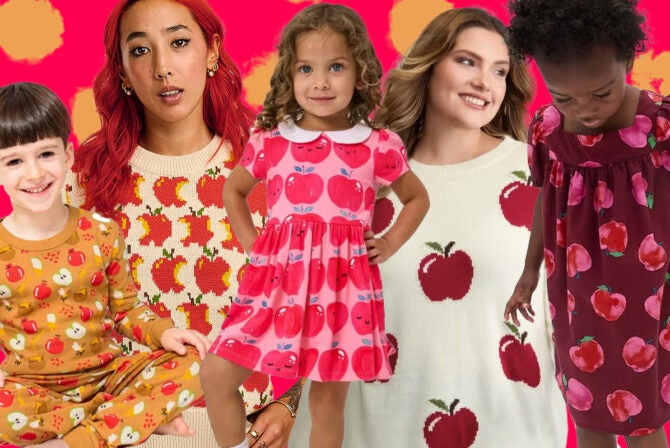Every year, just like clockwork, The New York Times writes their annual article expressing shock that the most competitive public high schools in New York City are primarily Asian, with a much lower proportion of black and Hispanic students then there are in the overall system.
They charge that the test is racist and should not be used as the sole criteria determining admittance into a New York City Specialized High School. (I am not going to get into the politics of that charge, except to note that the argument to use other, less standardized factors such as letters of recommendation and extracurricular activities was initially introduced in America specifically to keep Jews out of elite universities, for fear that there would otherwise be too many of them.
In 2013, of the 963 students accepted to Stuyvesant, the high school that requires the highest score on the admissions exam, exactly nine of them are African-American. Had they counted my son, they would have at least made it into the double-digits. However, because my son is biracial and refuses to check only one box, the city of New York literally doesn’t count him at all in their overall racial statistics (“Isn’t it cool, Mommy?” he asked me. “I’m an un-person, just like in
1984
!”)
I’m not going to talk about the politics of that, either.
What I am going to talk about is the implication of sending my son to a school where he will be one of only 10 black students (if not less; just because nine were accepted, doesn’t mean all nine will choose to go… conversely, there may be other biracial kids who also weren’t counted like him, but I doubt that will seriously alter the proportions), and quite possibly the only black/Jewish one.
If past numbers are any indication, there will be a solid cohort of Jewish students at Stuyvesant. Many of them from the Russian-speaking, Brooklyn areas. Many of them from homes where racial tolerance isn’t exactly a priority. (Yes, that’s me stereotyping. When I attended a selective high-school 30 years ago in San Francisco, the fact that I actually had Asian friends and didn’t just stick with the Russian-speaking Jewish cliques was not exactly a community approved lifestyle choice. And the community wasn’t shy about letting me know how they felt.)
So it’s conceivable that my un-person of a son won’t be Russian Jewish enough for the Russian Jews, not American Jewish enough for the American Jews, and not black enough for the blacks.
He’s 14 years old. Is that really a fair situation to put him in? Navigating high school is tough enough, does he really need to battle identity politics on top of that? Wouldn’t that time and effort better be spent mastering linear equations?
We did have other options. He got into two other schools where the demographics were more balanced, and where he wouldn’t have stood out so much. (My husband came back from taking our son to an interview at one and reported, “There were two other black kids there… with their Jewish moms.”)
But, after touring them all, we decided that the academics, extracurriculars, and sheer number of class options at Stuyvesant couldn’t be beat. I also think, coming from a private school graduating class of 45, that my son is going to love having the opportunity to meet hundreds of new people from a variety of different backgrounds, and finding like-minded friends that share his quirky interests. (The odds of finding people you have something in common with go up a great deal when there are 900+ to choose from.)
So I am very excited for him as he goes off on this new adventure. I am also kind of nervous. Everybody wants their children to make friends, to be happy, to fit in. Leviticus 19:14 admonishes Jews “not to put stumbling blocks in front of the blind.” While no Talmudic scholar, I’ve always assumed that applies to more than just stumbling blocks, and to more than merely the blind.
As my oldest son prepares to enter a high school where merely due to being who he is (something he had no control over; that’s all on his dad and me) he will be forced to deal with more than just challenging coursework and the general social (but transitory) Hell that comes with being a teenager, I am wondering if I have, in fact, done exactly that.
Like this post? Get the best of Kveller delivered straight to your inbox.







